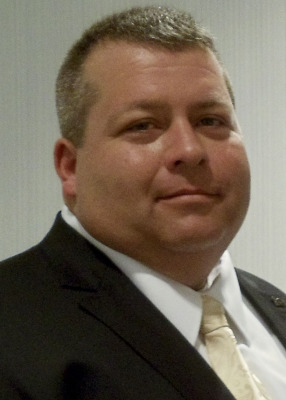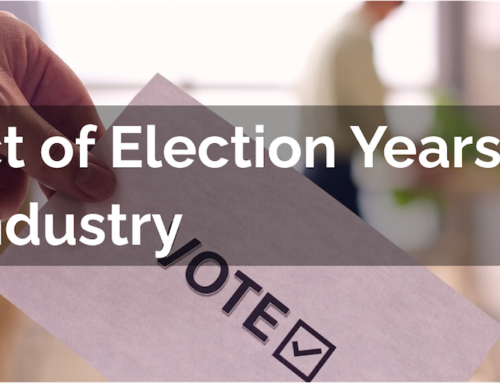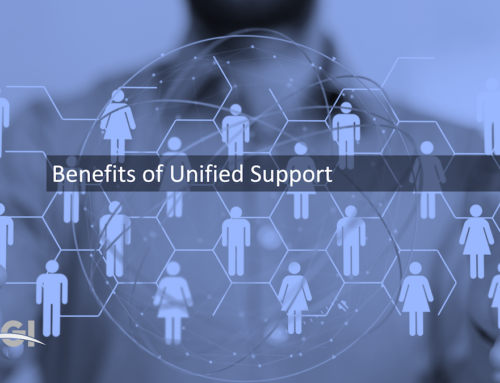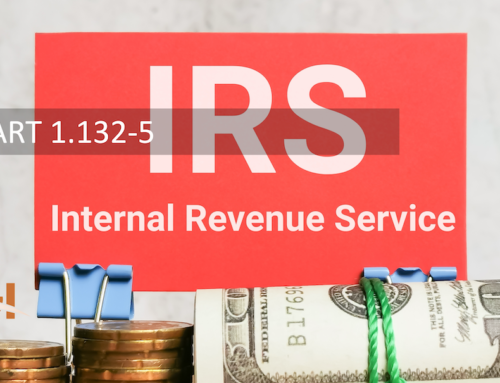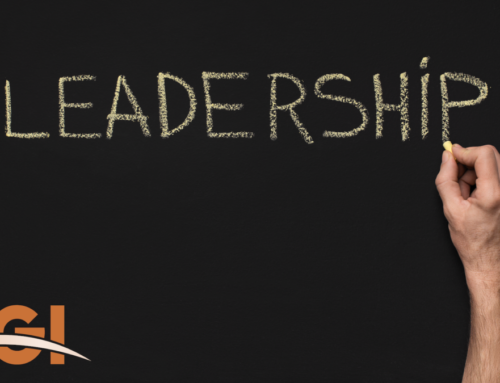What are you doing to protect your threat investigations’ integrity and your protective intelligence team’s overall product?
In the early morning hours of December 25, 2020, an explosion occurred in Nashville, Tennessee—Timeline Information. Believed to be an intentional act by law enforcement, brings me to discuss our need to sharpen our competency in our assessment of threats and the contemporary obstacles we face.
In the most fundamental courses instructed by industry schools, we discuss Ethics and Conduct as it applies to our operations as a whole. Here you are told about the importance of recognizing ethical and unethical practices within your work performance. We give you the understanding to perform a self-examination to improve your habits in your particular role within our industry, but as we know, knowledge without practice provides less than adequate results.
In today’s social and political culture, we find personal and group influences affecting or infecting our ability to separate ourselves in our analysis. Let’s face it – in the United States, the social-political disagreements have grown to a “them against us mentality,” and these alignments are proving to be a detriment to the health of our nation. Adding the unknown of a pandemic compounds the distraction and disservice our extremism previously provided.
In performing some research before this writing, I looked for viewpoints in studies conducted by others concerning Domestic Terrorism within the United States and found like-minded results filled with troubling biases within their threat matrix, “what or who is the threat?”. Although our conclusion is the same, Domestic Terrorism is on the rise, the analyst has allowed his perception to get in the way of the evidence in pinpointing who is responsible for “why Domestic Terrorism is on the rise.” A quick dive into his background and affiliations offered an immediate explanation, his strong opposition to one side of the political division within our country.
Why this causes concern? If we find we concur, “Domestic Terrorism is on the rise,” but our inflexible threat analysis of where the threat is evolving from is flawed; we will be looking in the wrong direction in mitigating the existing menaces.
It is time to do the nearly impossible and clear the slate within our minds and once again approach our analysis through an evidentiary process so we may commonly define the adversary regardless of their, or our, affiliations.
Getting the process started – Let us revisit some of the basic teachings you might be familiar with in your past experiences.
Ethics is dealing with what is good and bad with moral duty and obligation. You value one thing over another, good over bad, you act on principle or Moral responsibility and work within a system of codes.
In our fundamental understanding of ethical manners, we illustrate several examples of unethical behavior, but I wish to draw your attention to the definitions of Prejudice and Bias behaviors.
Prejudice – is a preconceived judgment or an opinion or learning formed without just grounds, which leads to injury or damage from the disregard of one’s rights.
Bias is a particular tendency, trend, inclination, feeling, or opinion, especially preconceived or unreasoned; it is the strong predisposition in favor of the idea. It is the unreasonably hostile feelings or thoughts about a group.
Systematic Bias in science is understood as a systematic error, referring to a mathematical or computational error. More commonly, and for my purposes, Systematic Bias is related to human nature and favoritism creating a flawed based system as a whole.
Cognitive biases are mental errors caused by simplified information processing methods. It is essential to distinguish cognitive biases from other forms of Bias, such as cultural Bias, organizational Bias, or Bias that results from one’s self-interest. In other words, a cognitive bias does not result from any emotional or intellectual predisposition toward a particular judgment but rather from subconscious mental procedures for processing information. A cognitive bias is a mental error that is consistent and predictable. Changing Cognitive Behavior is complicated.
Prejudice and Bias’s main difference is that Prejudice is a prejudgment; you form an opinion before becoming aware of the facts, and Bias is providing a perspective based in whole or part on partiality.
Biases in evaluating evidence – We must confirm our analysis of information received as evidentiary based before creating an inappropriate underaction or reaction.
When we evaluate evidence, we need to remain cognizant of our Bias’ and the many ways Bias may enter our evidence evaluation. When the Bias behavior is not within ourselves, and we find the action within other information sources, we can qualify the information by sticking with basics – what is the basis of the information provided and the source’s reliability.
Who is providing analysis of our analyzers? We need to manage and provide oversight of those charged with qualifying actionable data. As leaders within the community, we need to lead from the front with our regular involvement. Intelligence is susceptible to errors because we do not always have the time to collect all the evidentiary information we like in a perfect world; nonetheless, we need to protect reported data from manipulation and deceptive practices of those who may hold Bias within our team.
A resource for countering Bias is from George Mason University provides a paper (Recognizing and Countering Biases in Intelligence Analysis with TIACRITIS) for teaching the critical thinking needs for evidentiary based analysis of information.
We need to create a system of principles within our intelligence collection and analysis. We need to value facts, act on moral responsibility, choose right over wrong, and individually act on principle regardless of whether the findings fall in line with our assertions.
About Bill Peeler
Bill Peeler, the driving force behind Peeler Group International, reflects on a career nearing four decades, committed to protecting individuals and institutions worldwide.
While recognized as a stalwart in security, he attributes his success to the trust and expertise bestowed upon him by countless clients. With a steadfast dedication to excellence, Bill guides the helm, championing investigative endeavors, delivering exceptional protection services, and sharing invaluable insights through training initiatives.
Preferring to lead by example, his influence extends beyond borders, fostering safety and security amidst an ever-changing landscape.

